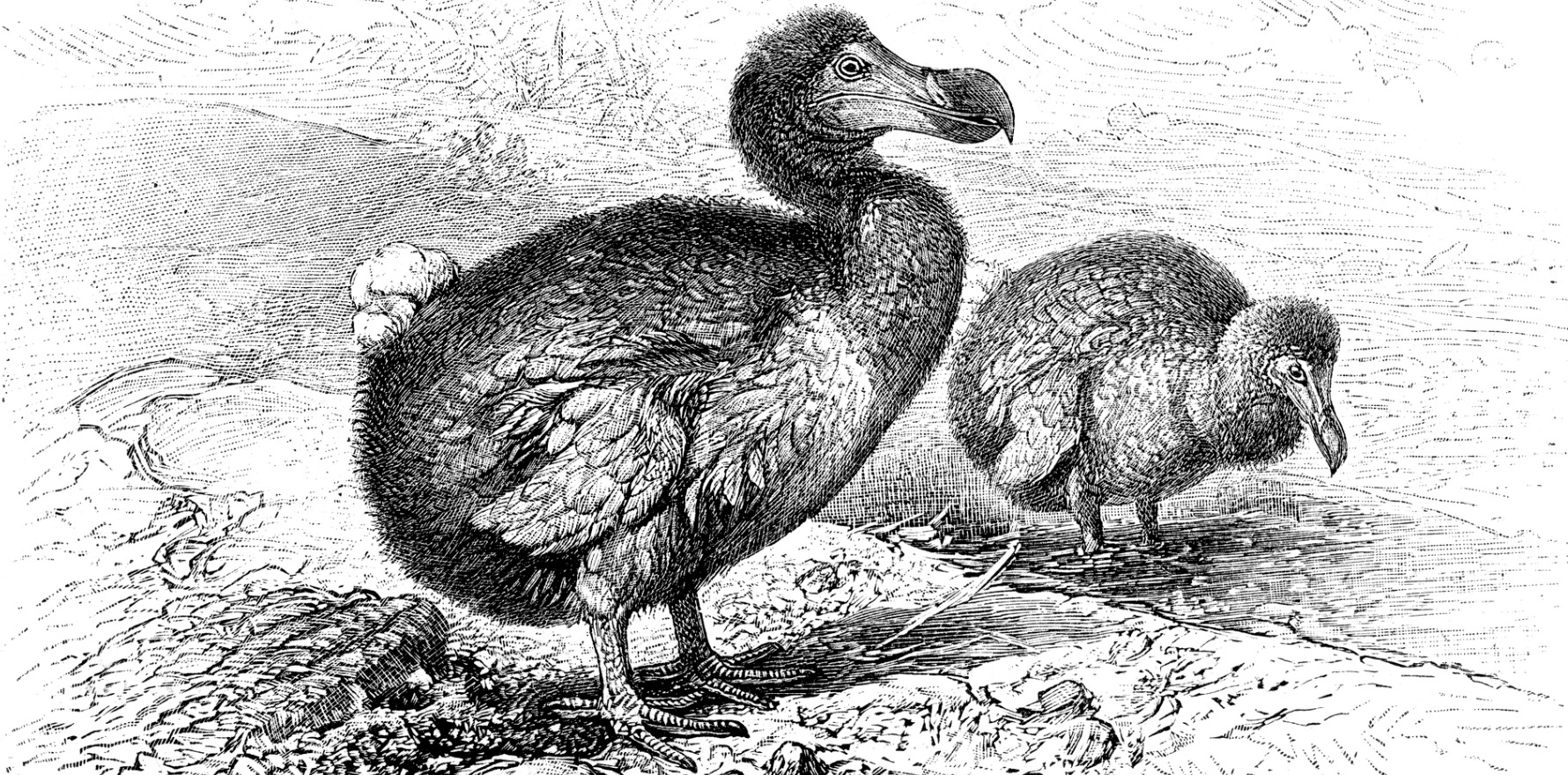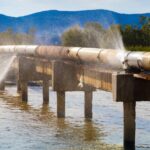ACT and Tasmanian GPs have stopped almost entirely, while GPs in poorer city suburbs keep working for a pittance.
Bulk-billing rates across the country have dropped to the point where almost 65% of general practices do not offer it to adults, and average out-of-pocket costs have risen above $40 for a standard consultation.
In some parts of the country, bulk billing has ceased to exist altogether – including the biggest, remotest electorates in the land – according to an update to the Cleanbill Health of the Nation report released this week.
The report, originally published in January this year, gathered data from every capital city and the entirety of the Northern Territory, the ACT and Tasmania. The update, released yesterday, adds data from every federal electorate, bringing the total number of GP clinics surveyed to 6363.
The data collected includes the total number of clinics, the number of clinics accepting new patients (“availability rate”), the bulk-billing rate for those clinics, average cost for a standard consultation (MBS item 23), and the average out-of-pocket costs for an item 23.
Nationally, just 35.1% of GP clinics accepting new patients are bulk billing, with average out-of-pocket costs of $40.42.
The federal electorate breakdown paints a picture of economic realities for both patients and GPs.
Blaxland and Chifley, both in Sydney’s outer metropolitan west, have 98.4% and 97.8% bulk-billing rates respectively – the highest in the country – but there are only 36 electorates (out of 151) across the country where more than half of the available GP clinics are bulk billing.
Four electorates have no bulk-billing GPs at all – Fairfax on Queensland’s southern central coast; Franklin, a 10,000sqkm tract on the southern coast of Tasmania; Mayo in South Australia, which includes Victor Harbour, Kangaroo Island and Mount Barker; and Newcastle in NSW.
Tasmania and the ACT have the lowest bulk-billing rates at 6.9% and 5.5% respectively, and also have the highest out-of-pockets, with patients paying $47.44 and $49.11 respectively on top of the $39.75 rebate paid by Medicare.
The states with the highest bulk-billing rates – NSW (49.0% and $41.06 in average OOPs) and Victoria (39.6% and $40.10) – are not the cheapest for patients, however. That stat goes to South Australia where patients are paying an average of $35.89 in OOPs, despite a bulk-billing rate of just 24.4% – the fourth lowest in the country behind the ACT, Tasmania, and the NT (20.6%).
South Australia also contains the cheapest electorate in which to see a GP. In Spence, on Adelaide’s northern fringes, patients pay an average OOP of $23.46. It is also one of the 36 electorates where more than 50% of GP clinics are bulk billing their patients.
The most expensive place to see a GP is in the blue-ribbon eastern Sydney electorate of Wentworth, where the average item 23 fee is $96 and out-of-pockets are $56.25 per consultation. Only five clinics in the leafy harbour suburb are bulk billing.
While disadvantaged metropolitan areas continue to be serviced by GPs willing to bulk bill, patients in some of Australia’s biggest and remotest regions are living in bulk-billing deserts.
Durack – Australia’s largest electorate at 1.4 million square kilometres – covers the area from north of Perth to Kununurra in WA’s far northeast. With only 31 GP clinics accepting new patients and just four of those bulk billing their adult patients, a standard consultation cost of $84 and an OOP average of $44.87, remote West Australians could be forgiven for delaying care.
Lingiari, covering 1.3 million square kilometres of the NT, has two bulk-billing clinics. The good news is that all 14 GP clinics in the electorate are accepting new patients.
“It’s easy to see why hundreds of thousands of Australians per year delay or forgo care with a GP in their community because of concerns surrounding cost,” wrote the report’s authors. “These Australians almost inevitably end up in public hospitals. This should not be happening.”
Cleanbill was founded in 2017 by then university student James Gillespie to provide a public search engine helping “over 170,000 Australians find a more affordable healthcare provider”. Mr Gillespie is currently assistant manager in the Department of Climate Change, Energy, the Environment and Water.





